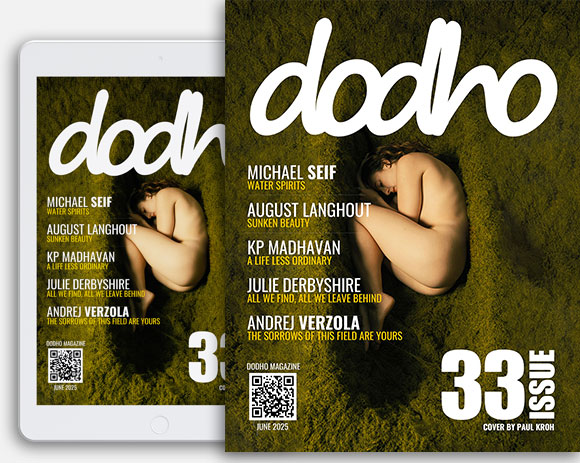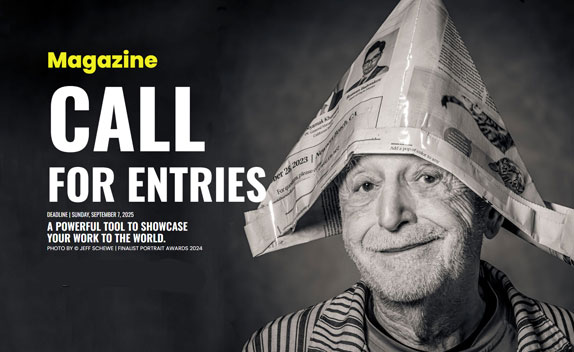My latest and ongoing series, The Isolation Diary, recently published in Dodho, began at the start of the COVID-19 pandemic. In the U.K., as in other countries around the world, society was very abruptly forced into a period of lockdown where all public buildings, businesses, offices, universities and schools were forced to close.
The situation brought about massive societal problems as many lost their jobs and livelihoods as a result of lockdown, with most of the nation now stuck in their houses and unable to leave to see friends and family and go about their normal lives.
As a freelance creative I lost almost all of my work when the pandemic struck, and like so many I continue to face a precarious future with very little work at the moment to sustain my career. This personal series was a vital creative outlet for me at the beginning, allowing me to share my own personal and mental health struggles with others in a similar position. It has since then developed into something much more interesting as a possible long term exploration of the place for male mental health in the sphere of the visual arts as a whole.
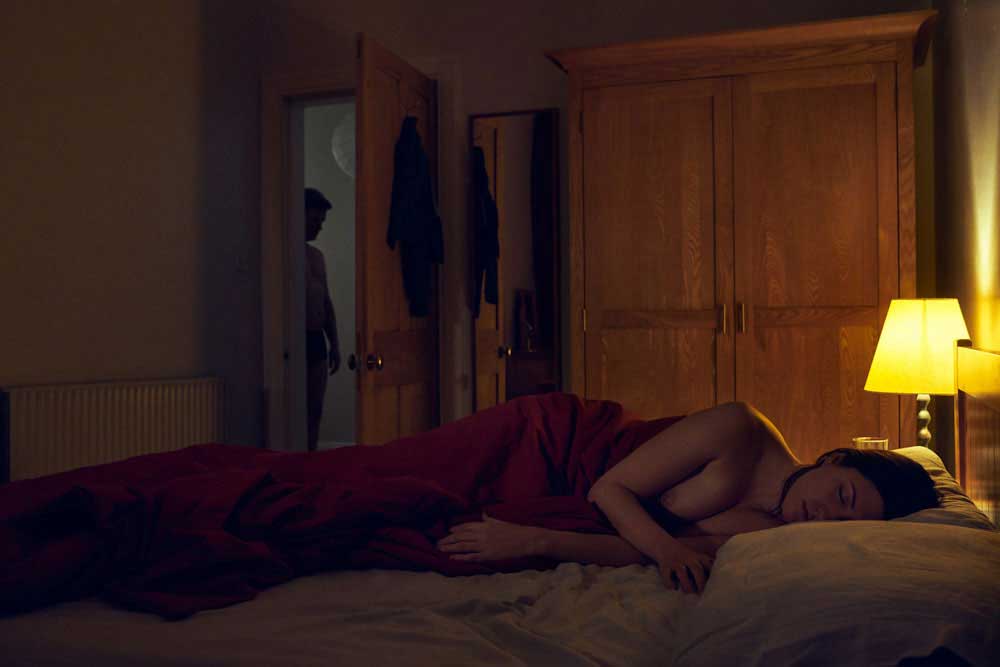
For so long there has been little space for this type of discussion in western art, as the issue of male mental health still suffers from the crippling burden of social stigmatism. So many men remain unable to communicate any kind of negative emotion or seek help in times of crisis. As long as we continue to embrace the classic stereotypes of pride and self-worth that define masculinity within a capitalist framework, men cannot accept the presence of negative emotions for fear of being viewed as weak, or unable to care and provide for a partner or family. Sadly, this learnt behaviour has been passed down through generations as men have been repeatedly told that there is no room for them to express these types of feelings.
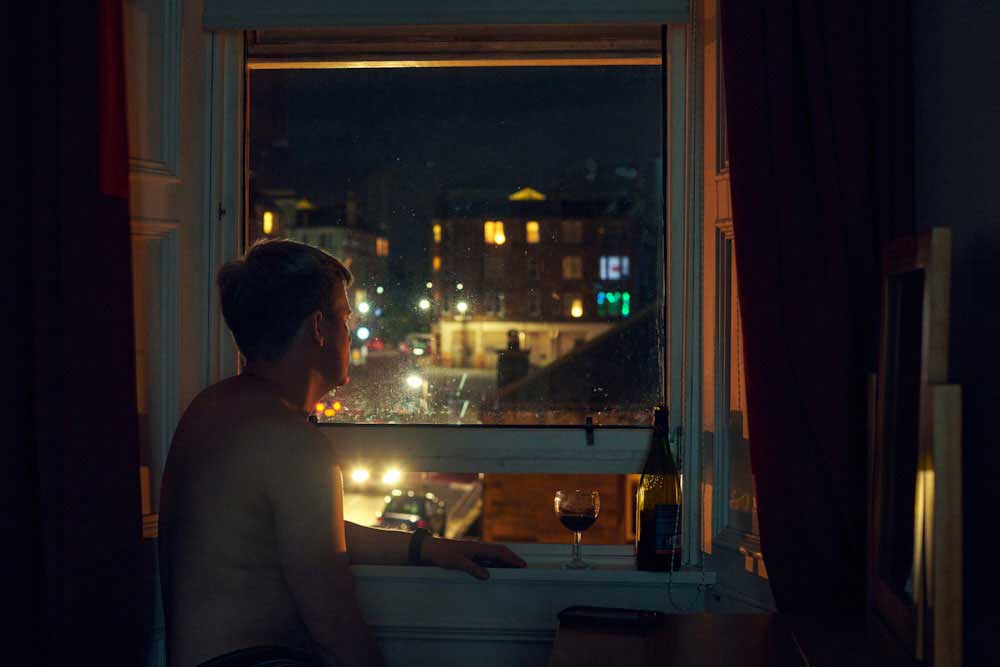
Where space does exist for the discussion of mental health issues in general, so often these themes are viewed through a very limited lens. Where literature, film and television allow for a male character to exhibit suffering, the perspective is again that of the strong provider: a familiar gender role that laments the loss of a job or pines after the departure of a beautiful partner. On the other side, we have polarised female depression with the familiar archetype of a sad, lonely beautiful woman waiting to be saved by a strong male figure. Dating back even to Greek mythology, this familiar archetype has many contemporary references, and can often be seen as a modern reimagining of the classic Sleeping Beauty narrative. In recent years we have made extremely valuable progress in reversing the negative stereotypes that have plagued female characters, and can now show women as strong, independent, successful as well as beautiful, yet so little has been done to share male mental health vulnerability in the arts. In the U.K. for example male suicide is now at a terrifyingly high level and is possibly the single biggest killer of young and middle-aged men, with numbers rising far above cancer and many other more easily diagnosable health problems.
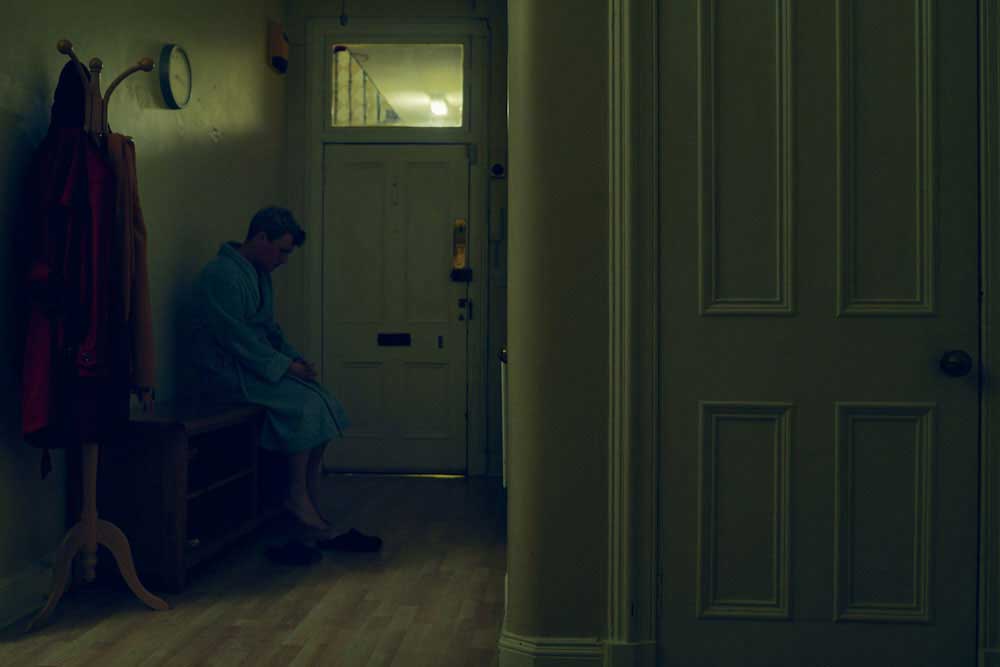
Reflecting on my own recent project, the images are difficult to look at, as unfortunately a sad, semi-naked male figure sat in the corner of an empty room does not have the same visual appeal as a beautiful female equivalent. Yet I talk to so many male friends and colleagues who tell me that they have all felt these complicated emotions at some point in their lives. They actively shy away from open engagement on social media platforms, but in person or through private messages they speak of how the project resonated on a deeply personal level. In many ways the continuing pressures of these learnt masculine behavioural patterns prevent public engagement due to the shame and stigmatism attached to feelings of depression, loneliness and isolation.
On the plus side however, a few recent examples that have begun to readdress these complex emotion stereotypes on screen and in print. A strong example was the BBC’s recent drama Normal People, a beautiful representation of Sally Rooney’s moving and heartfelt novel of the same name. The leading character Connell deals with complicated personal problems and mental health issues, and in a particularly moving scene breaks down in front of his therapist whilst at university in Dublin. This is a powerful and necessary step towards the normalisation of these feelings, and in creating a culture where men feel that there is space and understanding to seek help and support before it is too late. One can’t but think that if such a culture existed, then figures such as Robin Williams could still be with us.
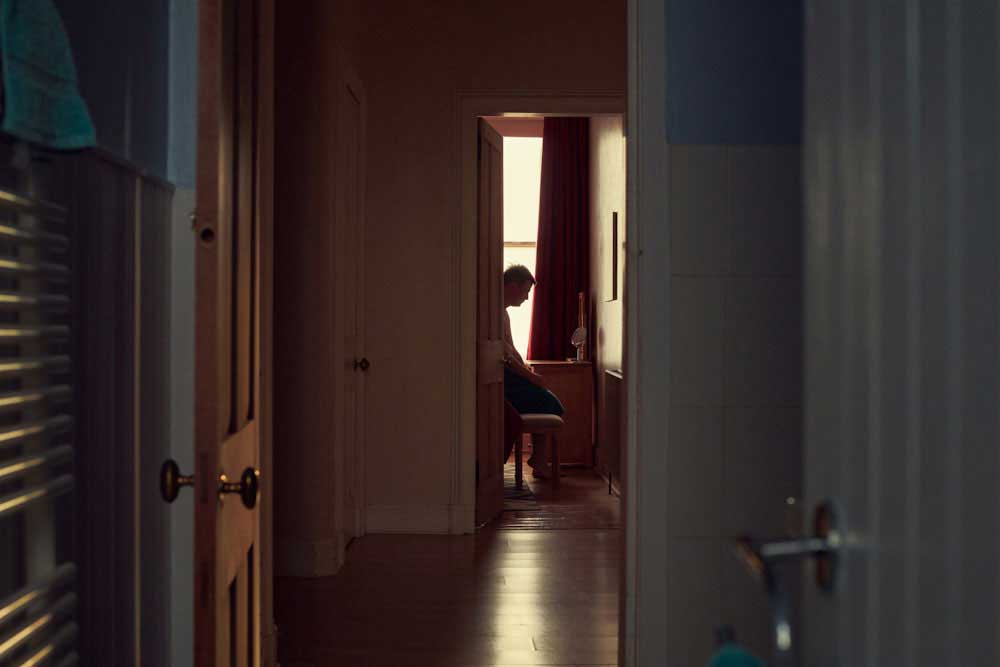
In this small way, I hope that we can find space for the discussion for male mental health in the visual arts, and that practitioners can find space to produce beautiful and powerful works on the subject. I, for one, will continue to explore this subject through the Isolation Diary and future projects beyond, and I call upon others not to be afraid to do the same, even if the general public is not yet quite ready to engage. It is vital we show to others that it is always OK to share our complicated emotions, and that we must never be ashamed of struggling! To anyone out there struggling right now, my thoughts are with you.
Gavin Smart
Gavin Smart is an award-winning freelance photographer. He has a rich and diverse creative background which began with his rigorous musical training, studying the tuba at London’s prestigious Guildhall School of Music. While he no longer plays music professionally, this period of his life gave Gavin the colourful life experiences which continue to shape his photographic process. His cinematically-inspired images feature theatrical light, emotive colour and constructed photography, drawing a strong influence from painting, film and literature. His work marries the production of advertising for some of the UK’s top arts institutions, theatres and design agencies alongside carefully considered personal projects. Using imaginative storytelling to produce creative and thought-provoking imagery, his photography has since become a vital means of personal expression and an aid in making sense of an ever-evolving world.


